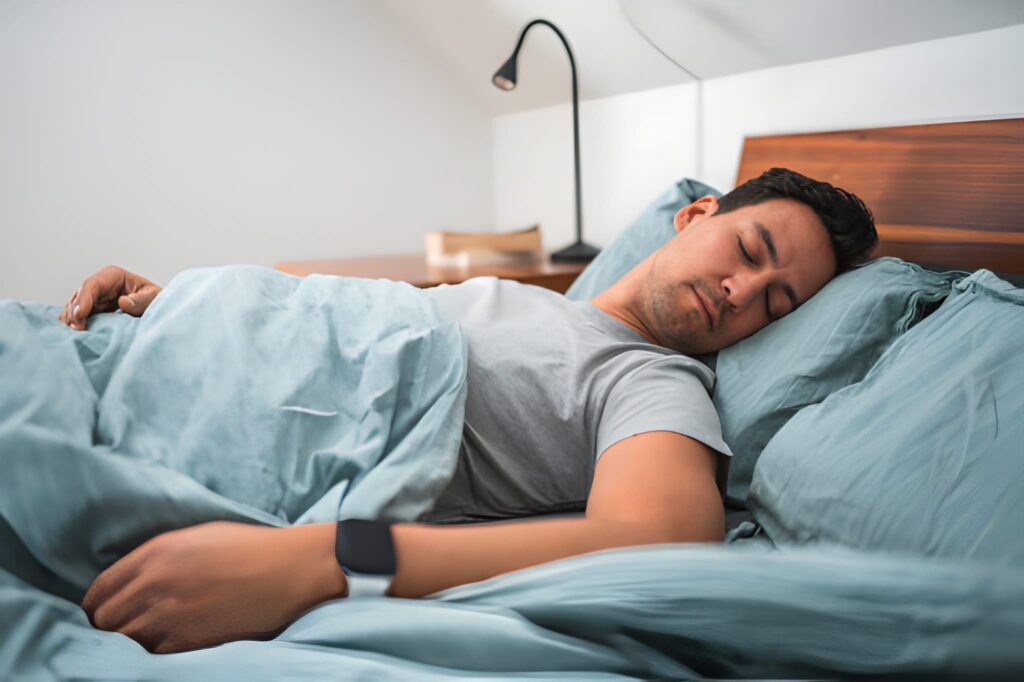Sleep is one of the most important aspects of overall wellness, affecting energy levels, mood regulation, memory, and physical health. Many people struggle with sleep challenges, including difficulty falling asleep, frequent night awakenings, or early-morning waking. Medical marijuana has emerged as a tool for some individuals seeking gentle, supportive ways to improve rest, particularly when combined with consistent habits like dimming lights, calming pre-bedtime routines, and reducing late-day screen exposure. While it is not a cure-all, it can complement established strategies to promote restorative sleep.
Understanding Sleep Hygiene
Sleep hygiene involves behaviors and environmental factors that help the body prepare for rest. This includes maintaining regular sleep and wake times, keeping bedrooms dark and quiet, limiting stimulants such as caffeine, and creating calming pre-sleep rituals. These practices signal to the body that it is time to wind down, allowing natural circadian rhythms to function effectively. Integrating medical cannabis is most effective when foundational sleep hygiene is already in place, as it works best to enhance rather than replace these behaviors.
How Medical Marijuana Can Support Sleep
Cannabis interacts with the endocannabinoid system, which regulates mood, relaxation, and sleep cycles. THC can promote drowsiness and reduce the time it takes to fall asleep, while CBD may help decrease anxiety and support a calm mental state. Effects vary depending on individual tolerance, the strain used, and dosage. Many people experiment with different forms—tinctures, capsules, or low-dose edibles—to determine what works best for them. The key is starting small and paying attention to personal responses to achieve the desired sleep benefits.
Timing and Consumption Methods
The method and timing of consumption can greatly influence how well medical marijuana supports sleep. Tinctures and capsules offer precise dosing and slow, gradual absorption, which can help avoid residual grogginess the next morning. Low-dose edibles and vaporized forms are also options, though careful attention to dosage is necessary. Establishing a consistent evening routine, including a set time for cannabis consumption, can reinforce the body’s natural sleep signals and make the effects more predictable.
Navigating Legal Access and Patient Resources
For individuals seeking medical cannabis legally, understanding the state’s process is crucial. In Mississippi, patients must meet qualifying criteria, obtain physician certification, and register through the state program to access medical cannabis safely. Going through a Mississippi medical marijuanas card application provides patients with legal protections and ensures access to regulated dispensaries. This official process also helps users receive guidance on safe dosing and product selection, making it easier to integrate cannabis into a wellness-oriented sleep routine.
Creating a Sleep-Friendly Environment
Even with medical cannabis, environmental factors remain a central part of sleep hygiene. A dark, quiet room with comfortable bedding encourages deep, restorative sleep. Limiting screens and bright lights in the hour before bed prevents overstimulation. Adding relaxing activities such as meditation, gentle stretching, or reading can enhance both the mental and physical calming effects. When combined with thoughtfully timed cannabis use, these environmental adjustments support smoother sleep onset and improved quality throughout the night.
Monitoring and Adjusting Use
Because the effects of cannabis can vary, keeping track of usage and sleep outcomes is beneficial. A simple journal noting dosage, strain, timing, and perceived sleep quality allows patterns to emerge and helps fine-tune the routine. Adjustments may be necessary over time based on stress levels, lifestyle changes, or other health factors. Using this approach ensures that cannabis is a supportive tool rather than a crutch, promoting sustainable and effective integration into a broader sleep and wellness routine.
Balancing Benefits and Risks
While medical marijuana can be helpful for sleep, moderation and mindfulness are key. Overuse or high doses may lead to grogginess, disrupted sleep cycles, or tolerance buildup. Some users may notice vivid dreams or nighttime awakenings. Combining cannabis use with lifestyle practices like exercise, stress management, and nutrition helps maintain a healthy sleep pattern. Consulting a qualified healthcare provider ensures that any routine aligns with personal health goals and safety guidelines.
Integrating Medical Marijuana Into Holistic Sleep Habits
Medical marijuana can serve as a gentle addition to a structured sleep routine when approached thoughtfully. Consistent use, awareness of environmental and lifestyle factors, and careful tracking allow patients to harness its benefits without compromising daytime clarity. By combining cannabis with strong sleep hygiene habits and mindful routines, individuals can support restorative sleep and improve overall wellness over time. When integrated responsibly, it becomes one component of a balanced and sustainable approach to sleep health.


